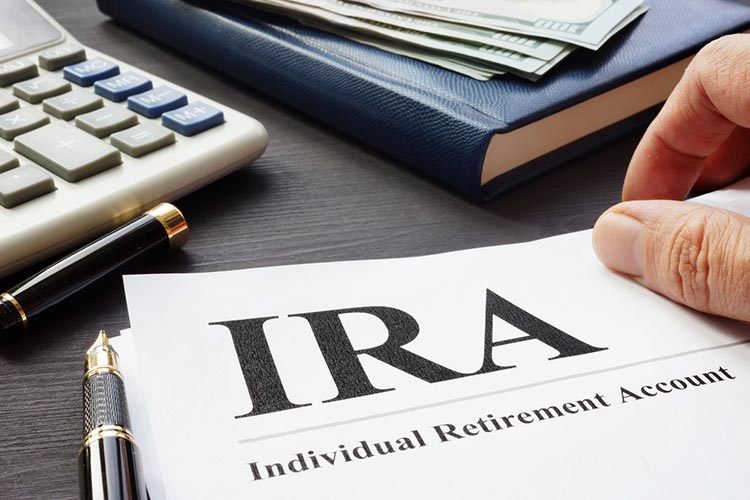What Assets Get a Step-Up in Basis at Death?

Valuing a person’s estate when they die can be a complex issue. This is especially true if they have held certain assets for a long time and those assets have realized significant capital appreciation.
Can You 1031 Exchange Into A Property You Already Own?

Generally, a 1031 exchange on a property you already own cannot be done, but with some creativity, there are some ways around it.
Real Estate Investment Risk: What You Need To Consider

Investing in real estate has long been recognized as a means to build wealth and generate a steady income — and for many investors, real estate properties are the main assets in their portfolios. However, this doesn’t mean that real estate doesn’t have any risks. In fact, there are several types of risks associated with this industry. Understanding each of these challenges is critical to ensure protection for your capital, increase the potential for high returns, and decrease the chance of loss.
How Long Do You Have to Hold Property in a 1031 Exchange?

Suppose you have previously executed a 1031 exchange, selling one property and reinvesting the proceeds into a replacement while deferring capital gains taxes. In that case, you already know the process requires strict adherence to tight time frames. First, you must identify potential replacement assets within 45 days of the sale and then complete the purchase transaction within 180 days (including the 45 designated for identification). Meeting this requirement can be challenging, but the reward is the ability to reinvest the entire proceeds from the sale while delaying the need to pay the capital gains taxes.
Are IRA Withdrawals and Distributions Taxed as Ordinary Income?

Unexpected financial events and major expenses are commonplace, but they can impact your retirement funds. This is especially true if you withdraw money from a retirement account to pay for them.
1031 Exchange Loan: What It Is, How It Works & Rules To Consider

A 1031 exchange may be an appealing option for some investors, but there are many rules that you must comply with before you can enjoy the tax deferral benefits. Given the structure of a like-kind exchange, it may seem like loans are unnecessary. However, there are cases when you have to borrow funds, especially when timing and liquidity become issues.
1031 Exchange Colorado: Rules, Taxes & Other Considerations

What if we told you there’s a way to sell and acquire a new real estate property while deferring taxes? This approach is not a gray-area legal loophole but a valid one — the 1031 exchange.
Capital Gains Tax: What It Is, How It Works & Rules To Consider

You’ve finally done it — you’ve sold an asset that provided substantial profits. Before you start celebrating, however, there is one more question you have to keep in mind: how much of your hard-earned money do you actually get to keep?
1031 Exchange Real Estate Drop & Swap

Taking advantage of a 1031 Exchange, while involving many steps, is usually straightforward enough for a single property owner. Things get more complicated if you’re involved in an LLC as an investor. The structure of this legal entity makes it harder for one party to leverage 1031 Exchange benefits when the other has other plans for the sale, such as simply cashing out.
What Can Be Deducted from Capital Gains?

Capital gains happen after the fact. They are the result of deductions already made. Reducing capital gains must start before arriving at a capital gains figure. In this article, we’ll see how to reduce capital gains, which will, in turn, reduce taxable income.


